Most everyone will experience constipation in their lives. Constipation affects 63 million Americans, resulting in 6.3 million doctor visits each year. Although it’s not widely talked about, we all want better poop. According to the Bristol Stool Chart, an ideal poop is a type 4-6 (stool chart).
There are so many different medications, herbs, and gimmicks out there on the market today that claim to cure constipation. So how do we know which is the best method? Let me just first start off by saying, “stay away from laxatives.” Nowadays, everyone wants a quick fix with minimal work, which is why laxatives are so popular. But in reality, this 600 million dollar pharmaceutical industry is doing your body more harm than good.
What to Avoid During Constipation
So what do laxatives really do? Fat and calories are mostly all absorbed in the small intestine, so they are not affected as much. Laxatives cause the body to lose important water weight, essential vitamins, electrolytes and other minerals in the colon (large intestine).
Electrolytes are minerals that regulate every organ and roadmap of your body. Electrolytes include sodium, chloride, magnesium, calcium, and potassium. Laxatives can cause dangerous imbalances that can activate threatening emergencies such as seizures, sudden confusion, irregular heartbeats, severe muscle weakness, or chest pain.
There are three main types of laxatives:
- Osmotic laxatives pull important fluid into the intestines over a period of a few days. This pulls fluid into hard stools and turns the contents into diarrhea. This can lead to dehydration, electrolyte imbalances, painful cramping, and bloating.
- Stimulant laxatives are harsh chemicals that activate unnatural spasms and contractions of the lining of the colon. They work fast but they also cause diarrhea, dehydration, painful cramping, and bloating. Long term use can cause “lazy bowel syndrome”, which can lead to dependence on continual laxative use, just to have regular bowel movement.
- Bulk-Forming laxatives cause small hard stools to increase in mass. This might help the stool to move along more easily, but it can also cause more blockage. Adding more mass to an already clogged stool leads to painful passage, anal bleeding, and fecal impaction.
Another unusual culprit of constipation is fiber. Fiber is one of the main foods that people think of when trying to obtain a healthy digestive system. Against contrary belief, too much fiber can actually cause constipation, uncomfortable bloating, and painful gas pains.
Fiber is found in plant parts, fruits and vegetables, whole grains, legumes, nuts, and seeds. Fiber causes stools to become tough and bulky. Too much functional fiber can cause straining, tears along the inside of the intestinal tract, hemorrhoids, and anal lacerations (bleeding).
There are two types of fiber: Dietary Fiber and Functional or Isolated Fiber. Dietary fibers are naturally found in foods. Functional or Isolated fibers are unnaturally extracted from plants. Of course some fiber in our diet is good, but just don’t overdue it. Too much of any one thing is never good – everything in moderation.
Constipation usually isn’t life threatening. So why deal with it? First off, it’s uncomfortable and it can ruin a perfectly good day. It can also prevent your body from properly ridding of toxins, which can overtime lead to colorectal cancer or other gastrointestinal disorders. There are many different ways that blockage can be dealt with. Everyone’s body works differently, but if you find a few remedies that work best for you, you’ll be having rock star poop (type 4-6) in no time.
Let’s move onto some remedies that naturally help with constipation. Keep in mind that some of these remedies should be only used for 2-4 days, and no longer than 2 weeks at a time.
Natural Remedies For Constipation
1. Oils
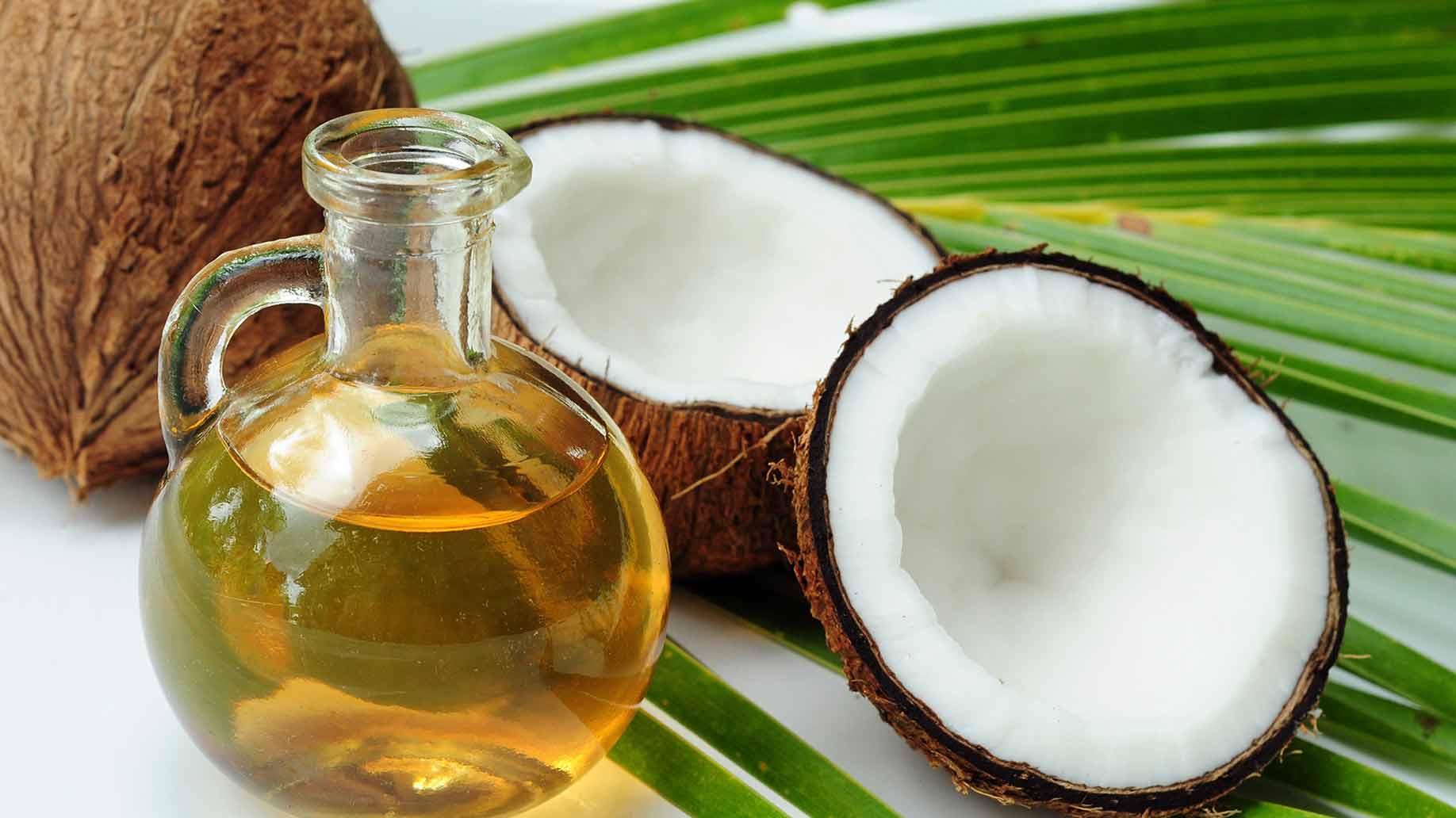
Extra Virgin Olive Oil, Caster Oil, Almond Oil, or Coconut Oil can be used to treat constipation fairly quickly. Oils lubricate the digestive tract and create a smoother passage through the colon due to its texture and consistency. Oils contain essential vitamins, minerals, antioxidants (cancer fighting), and Omega-3 (brain food). They also stimulate the gallbladder to release bile. Bile then helps to break down the fats in our food.
Always try to get organic products to eliminate GMO’s (“genetically modified organisms”), MSG (monosodium glutamate) and other chemicals from entering your body. Organic oils contain pure oils, while others have a mix of pesticides, chemicals, artificial agents, and fillers of other cheaper oils.
Methods: 1-2 teaspoons once or twice a day (start slow and increase the amount if a low dose isn’t working). You can drink the oil by itself on an empty stomach, mix it with water, coffee, smoothies, juice, or sprinkled over salads. You can also mix in flax seeds to the oil for extremely effective results. Make sure not to take flax seed oil because it does not have the high amounts of dietary fiber that the seeds do.
If you tend to have a more sensitive stomach, try not to take oils on an empty stomach. It can cause queasiness and slight stomach pains when taken by itself. For babies with constipation or gas pains, mix 2 teaspoons of coconut oil with homemade formula.
Recommended:
2. Magnesium
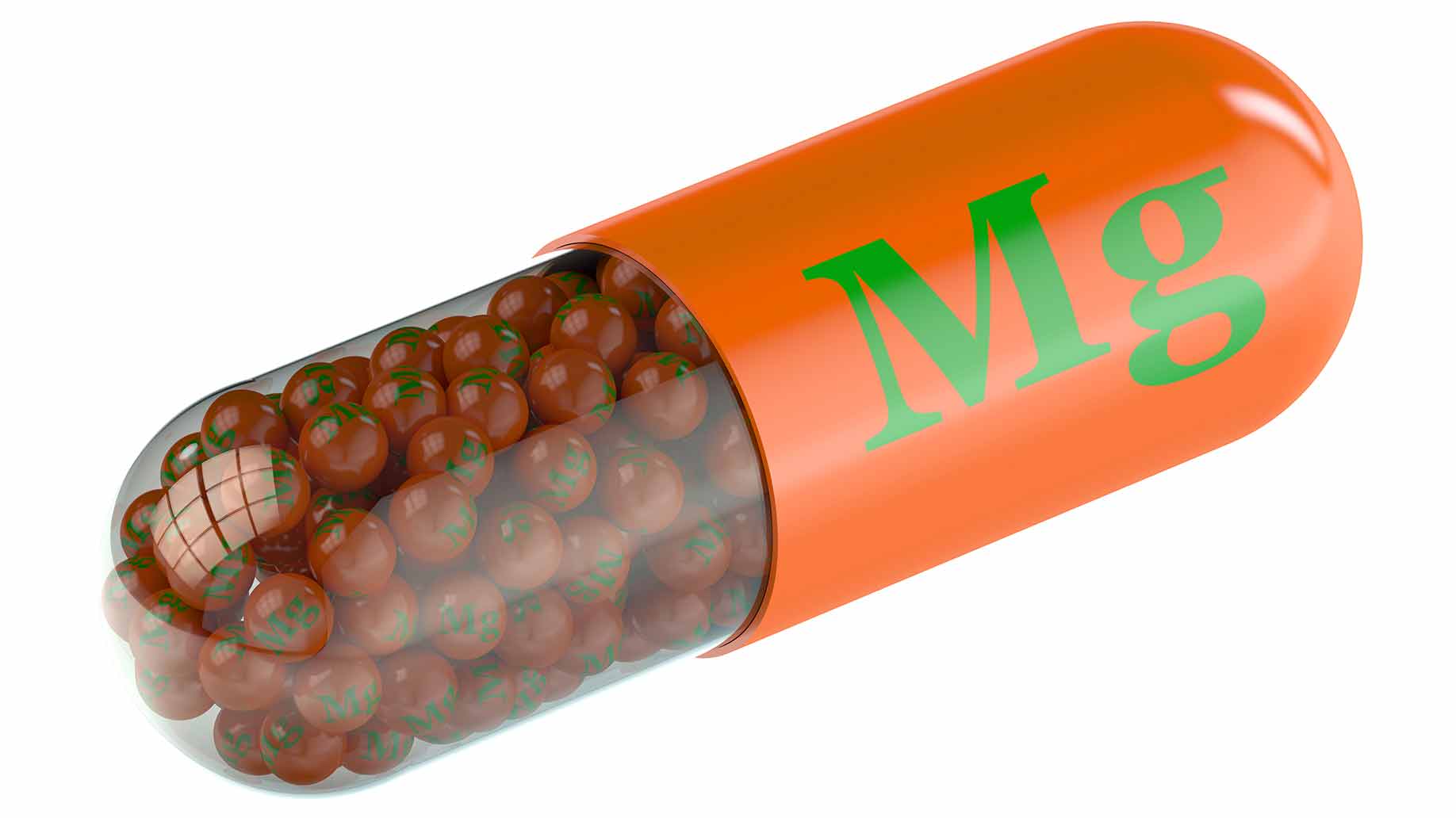
Magnesium is an important electrolyte. About half of our magnesium stores are in our bones, and the rest work on cell functions. It plays a huge role in regulating our muscles, heart rhythm, bowels, and immune system. Magnesium’s laxative effects are widely utilized by major drug companies. Magnesium supplements can relax the muscles in the intestines and attract water back into the colon.
As a daily bowel regulator, do not take more magnesium than what is recommended. An over abundance of electrolytes can cause serious disruptions to the body. It can also interfere with certain medications, such as diuretics, chemo drugs, and antibiotics. You should not take these supplements if you have kidney problems because like most drugs, magnesium is excreted through the kidneys. If sufficient excretion is not possible, you will be left with high levels of magnesium circulating in your body. Also, make sure the supplements are not mixed with calcium, which has constipating effects.
Method: Take a daily supplement of 300-400 milligrams at night with some water and expect to have a bowel movement by morning time.
Recommended:
3. Organic Blackstrap Molasses
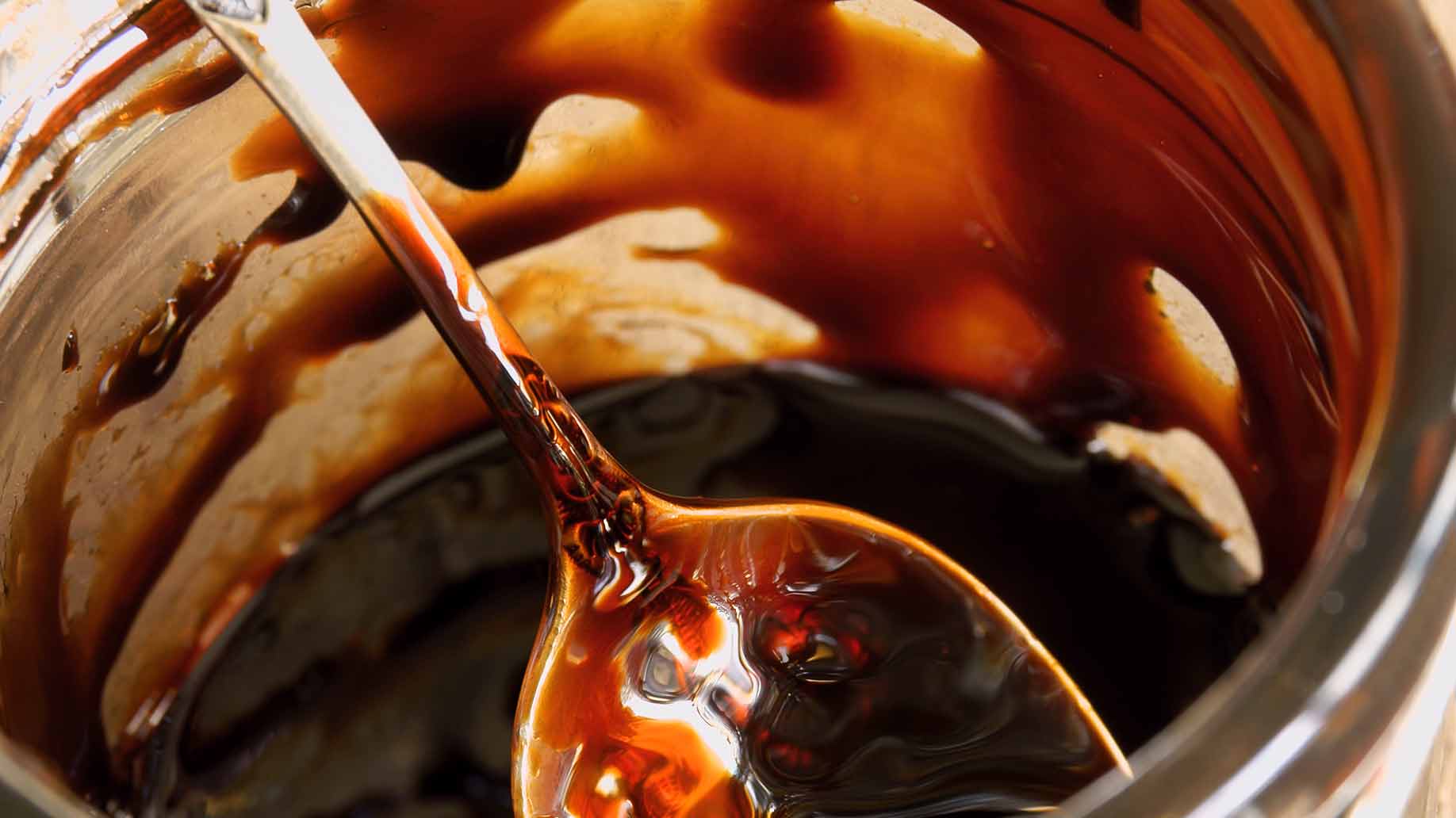
Blackstrap molasses is an older remedy for constipation. Molasses is made from boiled pure cane sugar. It has the lowest sugar content and the highest nutritional value out of all sugars. Molasses contains high doses of magnesium and potassium, which are two strong contenders in the battle against constipation.
Molasses works fairly quickly on hardened poop by drawing fluid into the bowels and moistening hard stool. Blackstrap molasses is alkaline (balances the pH value in the stomach) which allows the intestines to form proper stools and regulates digestion.
Some other nutrients you will find in blackstrap molasses are: manganese (regulates the nervous system), iron (blackstrap molasses’s iron does not cause constipation), calcium (helps to remove waste and other toxins from the colon), copper (rids the body of cancer causing free radicals), and vitamin B6 (regulates blood sugars, nerves, and brain function).
Method: Take 1-2 tablespoons by itself, mixed with warm water, organic apple cider vinegar, juice, or used as a sweetener for food. Make sure to use organic molasses to avoid ingesting sulfate. Use this remedy for a few weeks at a time.
For babies who have constipation or gas pains: try giving them 1 teaspoon of molasses mixed with 1 ounce of cooled boiled water, 3 times a day, right before regular feedings.
Recommended:
4. Probiotics
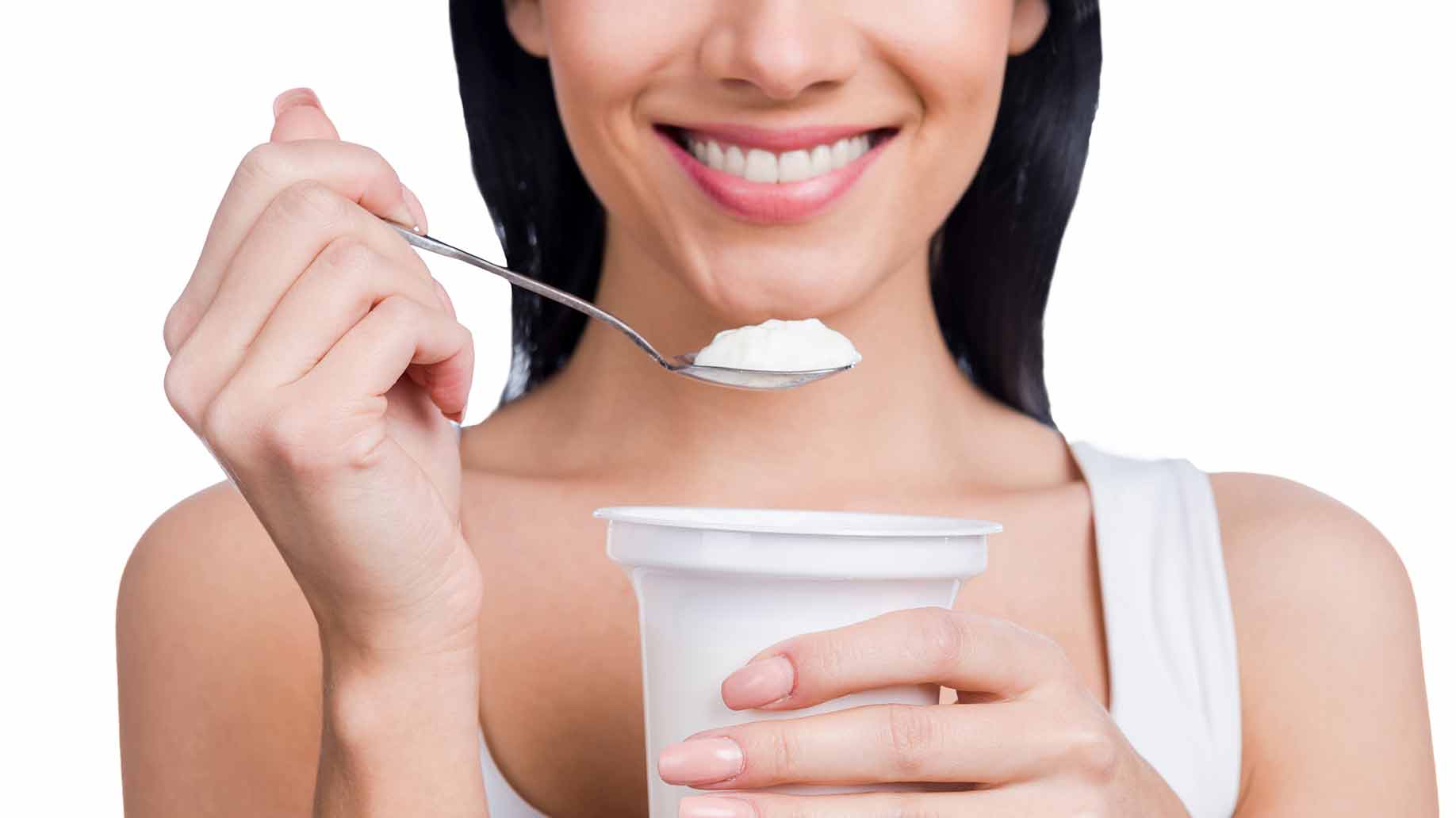
Probiotics are necessary for a healthy immune system. They are also a great and natural way to battle constipation. How does probiotics work on hard stool? Intestinal flora (good bacteria) is responsible for keeping stools loose and retaining moisture in the intestines. When your poop lacks healthy bacteria, it turns into rock hard pebbles.
A lot of times good bacterias are wiped out accidentally by things that are used to kill bad bacteria. These include: antibiotics (pill form, in our milk, meat, fish), surgeries, diarrhea (flushes out good and bad bacteria), colon cleanses, too much fiber (destroys bacterial membranes), protein deficiency (protein creates mucin which is needed to create intestinal mucous, where bacterial flora thrives).
Most commercial yogurts with advertised probiotics are usually not good substitutes. These yogurts go through a high-heat sterilization process during manufacturing, to create a longer shelf life. By the time they get to you, the active bacterias are usually “dead.” Probiotics are also a safe remedy for constipation for pregnant women.
Test your yogurt/pills to see if they contain live bacteria (probiotics):
Supplies: 1 container (plastic or kitchenware) and milk (does not matter if it is whole milk or 1% milk).
- Testing Yogurt. Place your yogurt and milk (1:2 ratio) into one container. Wait 8-10 hours, or overnight. The live bacteria should have caused your yogurt to multiply and grow.
- Testing Probiotic Pills. Place 1/2 cup of milk into a container. Split open 2-3 pills and pour the contents into the milk. Mix well. Wait 8-10 hours, or overnight. The bacteria in the pills should have caused the milk to form curdles or clumps.
Recommended:
5. Flush Your System
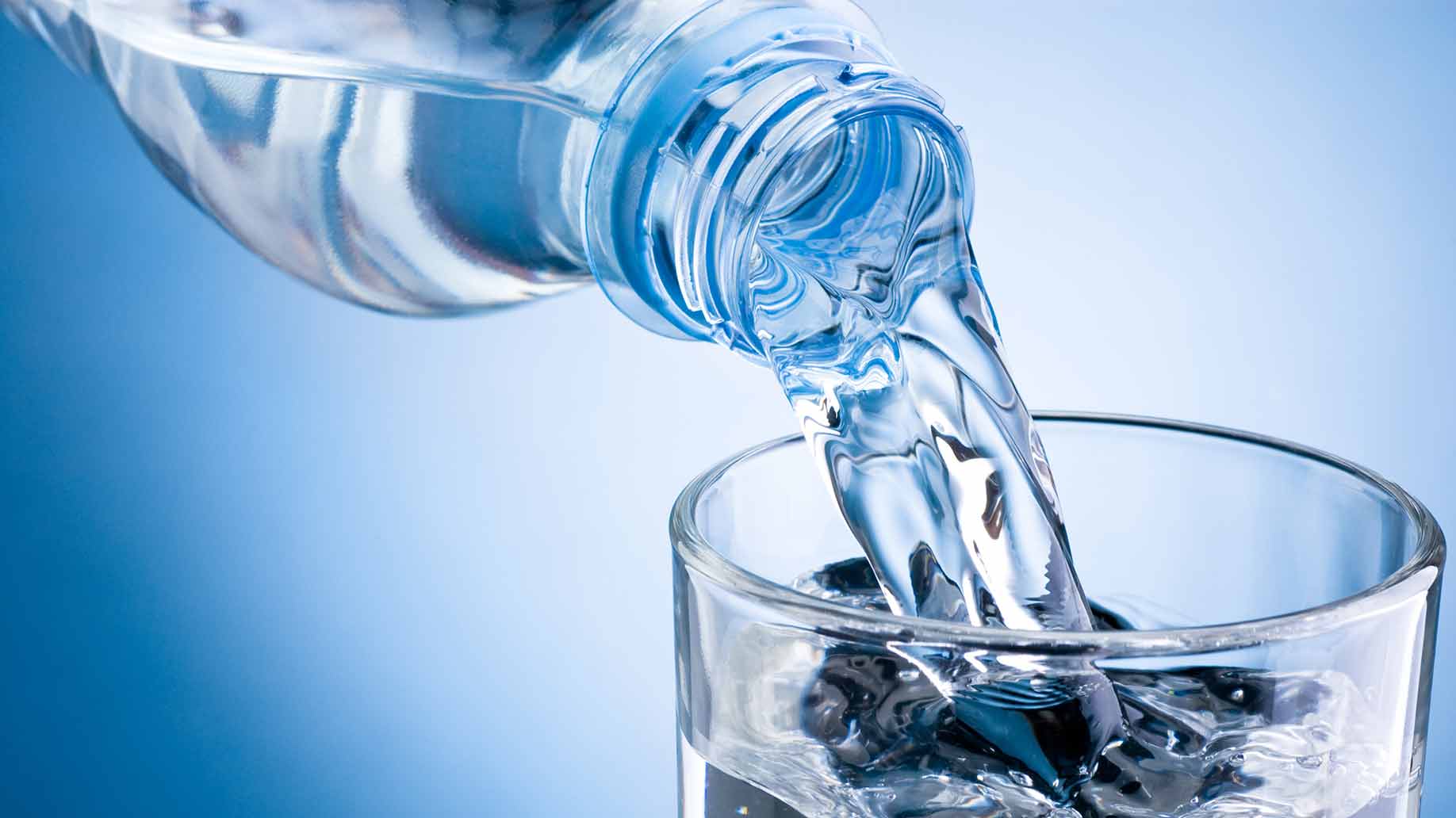
As soon as you wake up, drink 2 full glasses of water on an empty stomach. Leave about 20-30 minutes in between your water and breakfast. If your constipation isn’t too bad, you should be on the toilet in about 30-60 minutes.
Everything slows down while you’re asleep and the sudden water intake stirs up your sleepy bowels. This method works best in the morning. Although this method works nicely, do not drink gallons and gallons of water throughout the day.
Contrary to popular belief, too much water can actually cause dehydration and constipation. The more water you drink, the more essential vitamins and minerals, such as Calcium and Magnesium (in all your bones, teeth, joints, and heart) and Potassium (key mineral responsible for keeping your stools moist and fluffy) are flushed away with your urine.
The more you drink, the more you’ll pee – causing a decrease in important electrolytes that are responsible for keeping your digestive system regular. This electrolyte imbalance causes your body to dehydrate, and the more dehydrated you are, the more water you’ll need to “quench the thirst”.
A study done in Japan in 2006 of 3,835 subjects, showed that constipation was not associated with low fiber or low water intake, but rather, it was associated with low magnesium intake and low intake of water from foods.
Recommended:
6. Massages/Acupuncture

Studies in The Journal of Traditional Chinese Medicine have proven that Traditional Chinese Medicine (TCM) is highly effective in treating constipation. Blockage can be caused by a reduction in the flow of Qi (pronounced “chee”), excess cold, or excess heat in the body.
Qi (vital energy) is influenced by the two life forces – Ying and Yang. When these forces are interrupted or blocked, it effects the flow of one’s overall health. Go to a reputable acupuncturist or masseuse and ask them if they have a specialized therapy for digestion.
7. Go When Nature Calls
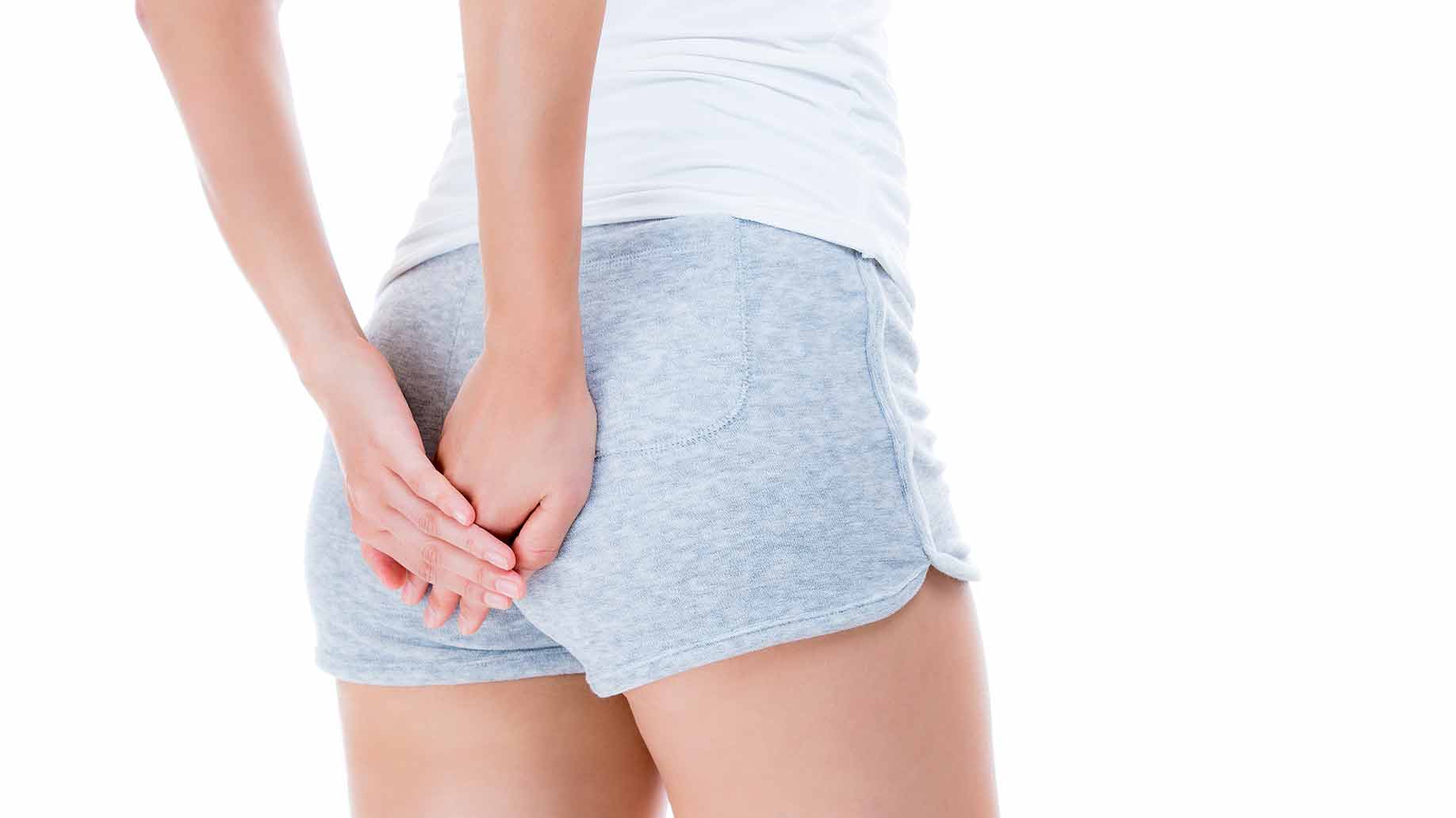
If you have the urge to go, GO! Every time you wait and hold it in, your colon reabsorbs more and more fluid from your stool. This causes your poop to become hardened.
If you do not have access to a bathroom throughout the day, you can try to train your body to have a bowel movement around the same time everyday. For most people, this is usually at the beginning or end of the day.
8. Positions
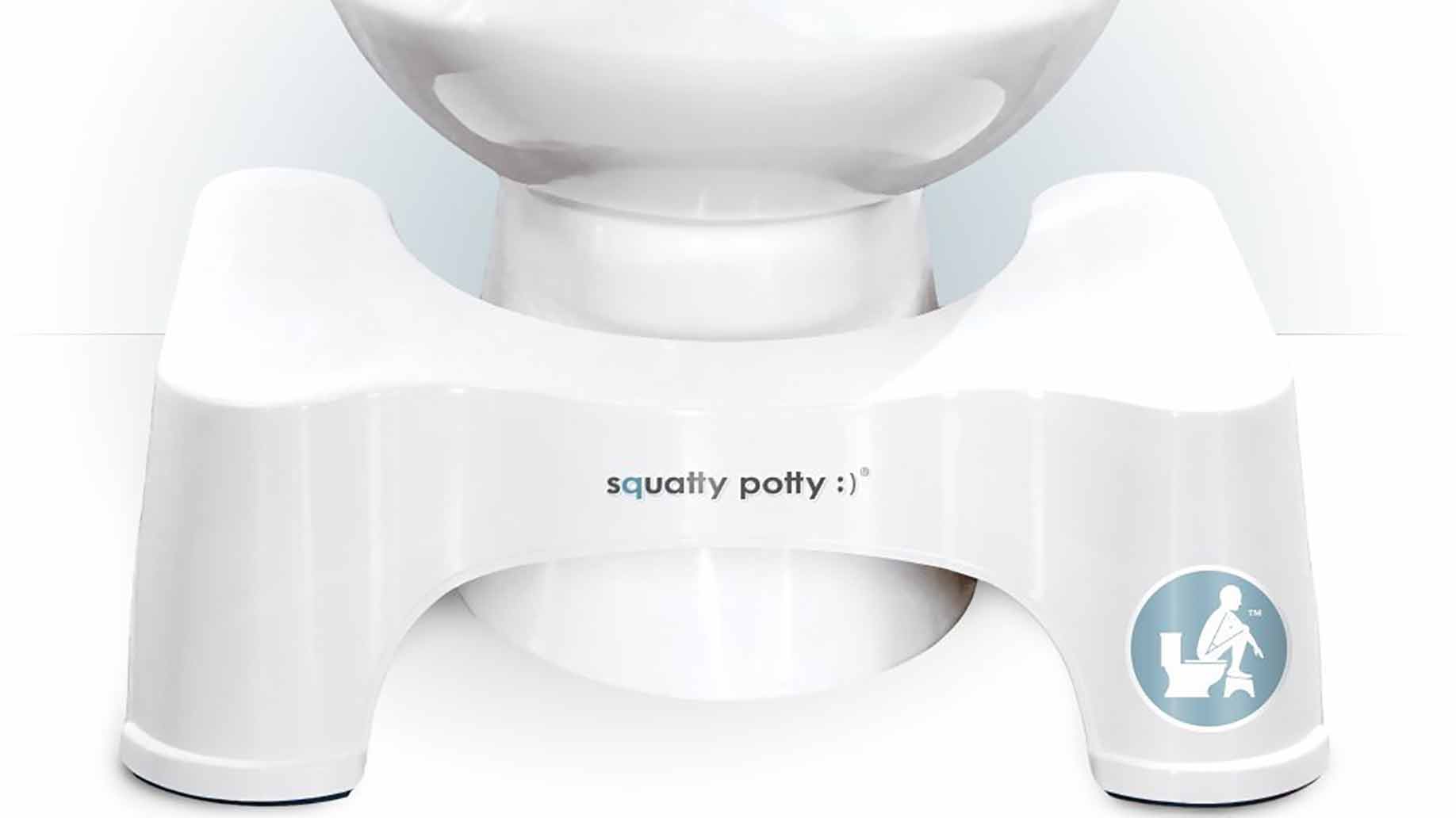
The invention of the modern flush toilet is still fairly new. Most of the world still squats to poop. Some experts say that squatting reduces straining, anal fistulas, hemorrhoids, and constipation. Squatting helps the Puborectalis muscle to open, and allows for a more complete emptying.
Method: While sitting on the toilet, place stepping stools or large books under each foot. Prop your legs up on them as high as they will go, to mimic a squatting position. To achieve the most natural and most comfortable squatting position (while still having the comfort of sitting on the toilet seat), try using a Squatty Potty.
Squatty pottys comes in different heights, ranging from a beginner-level squatter to a more experienced squatter. When not in use, it slides neatly underneath the toilet seat and out of the way. Squatty pottys make a great gift – especially for people who would be too shy to buy one for themselves.
Final Word
Constipation may not seem like an urgent matter, but it is your body’s way of letting you know when something is not running right. It could also be an underlying warning to a bigger issue. Either way, don’t let constipation ruin your day by unconsciously slowing you down. Listen to your body, find a natural remedy that works for you, and let your system run its course. Constipation is not going to be fixed overnight, but with these remedies, you should be happily flushing in a few days.

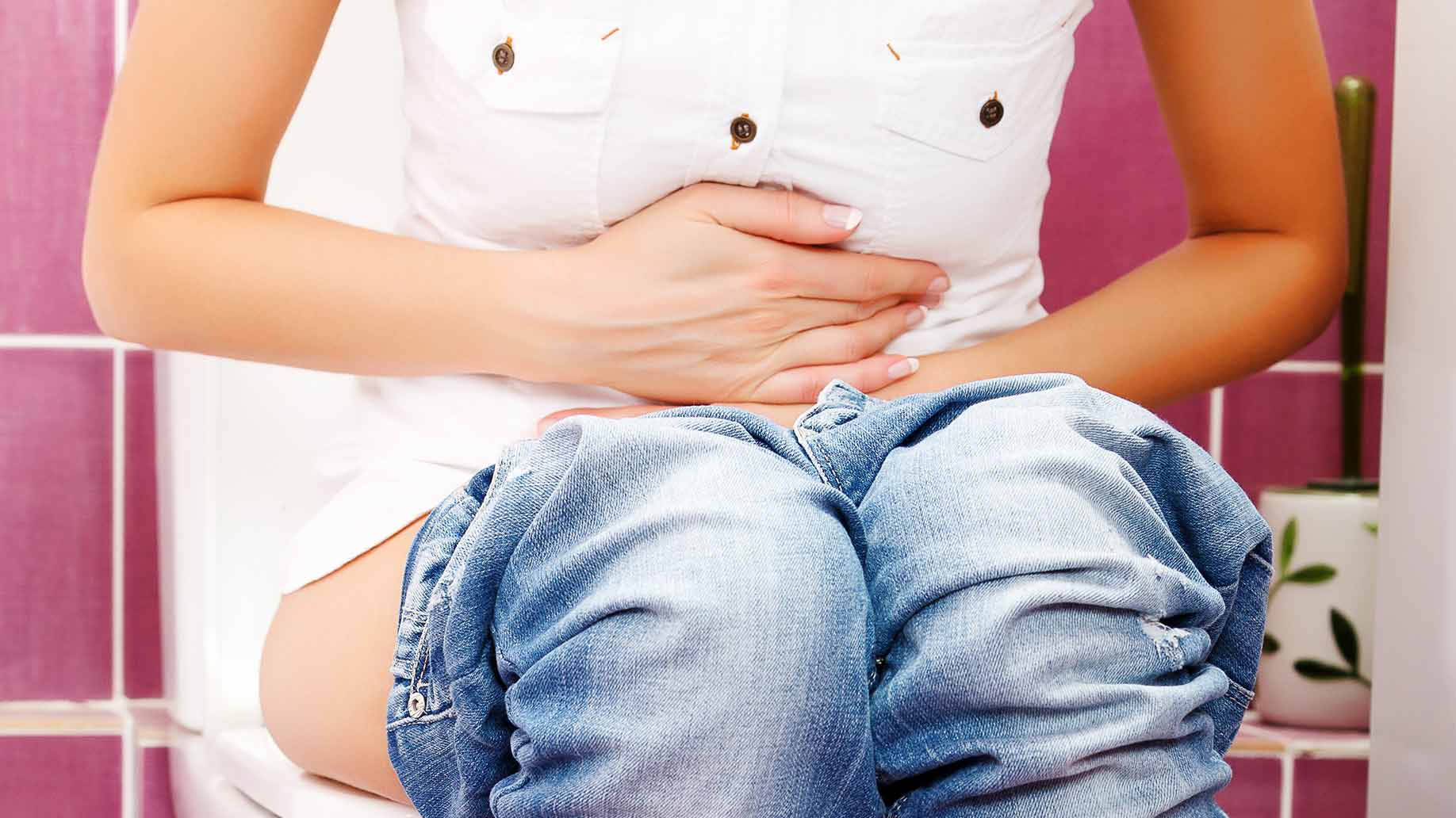
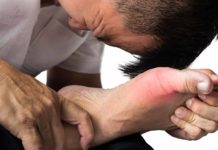

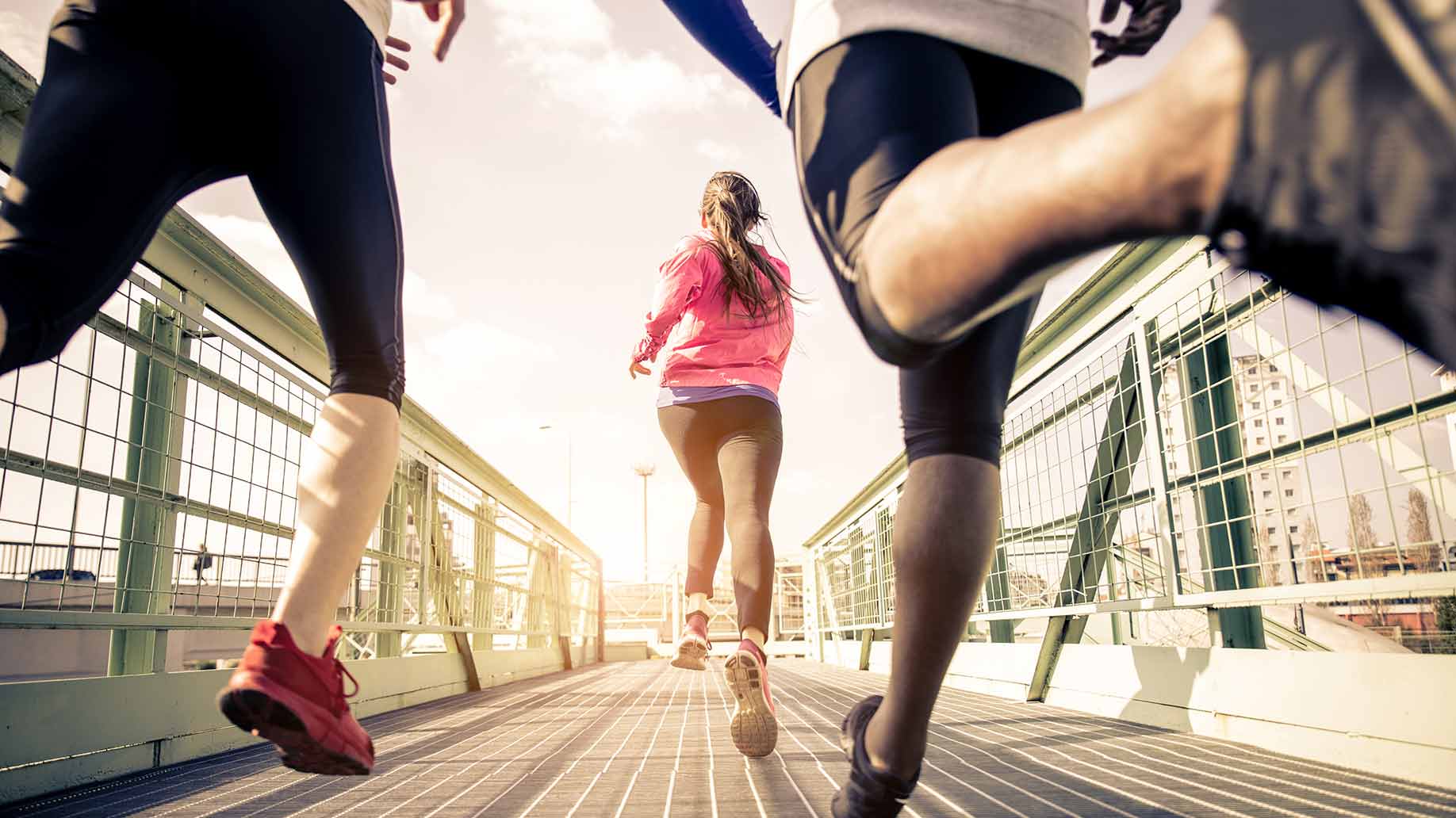

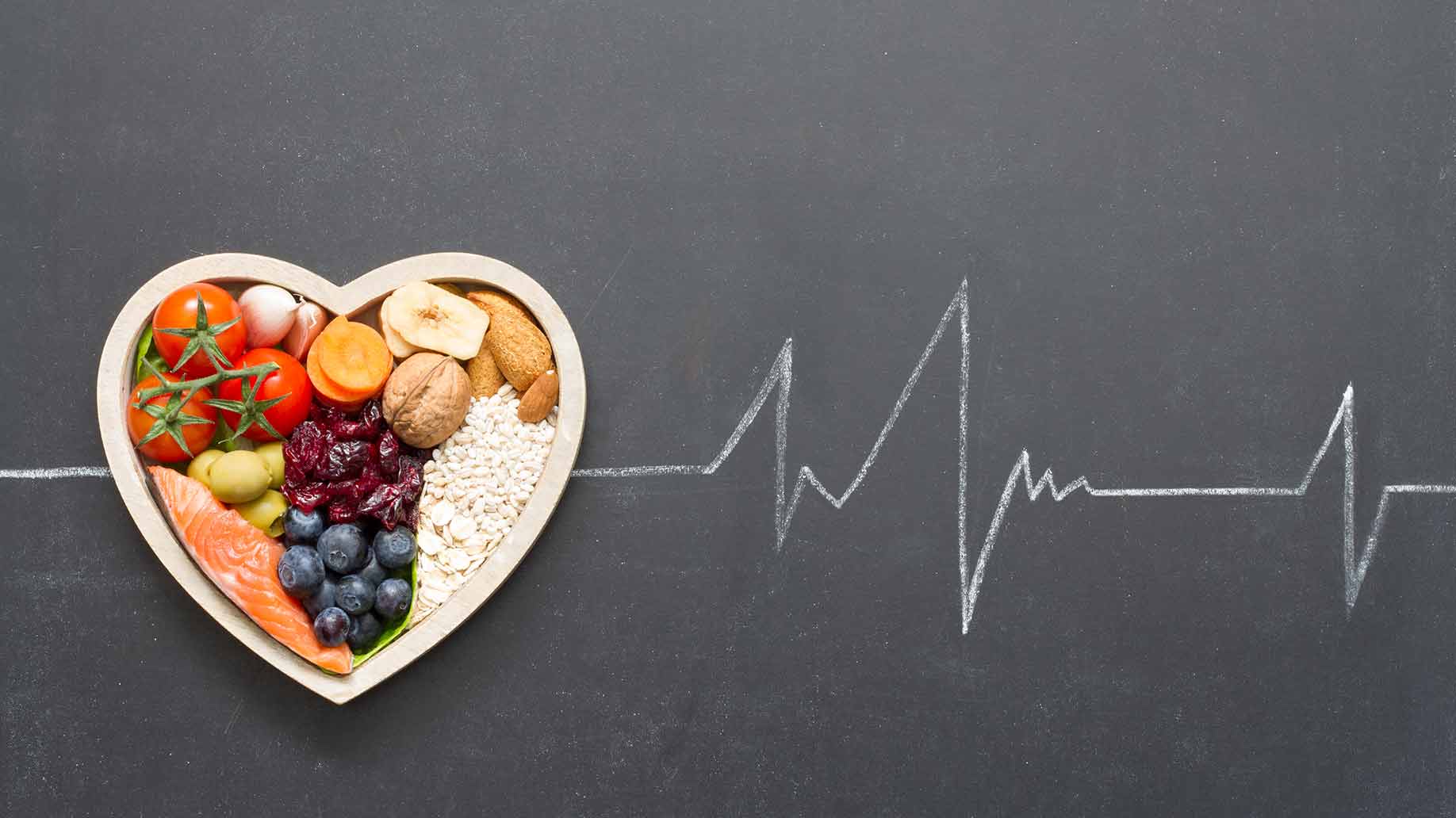

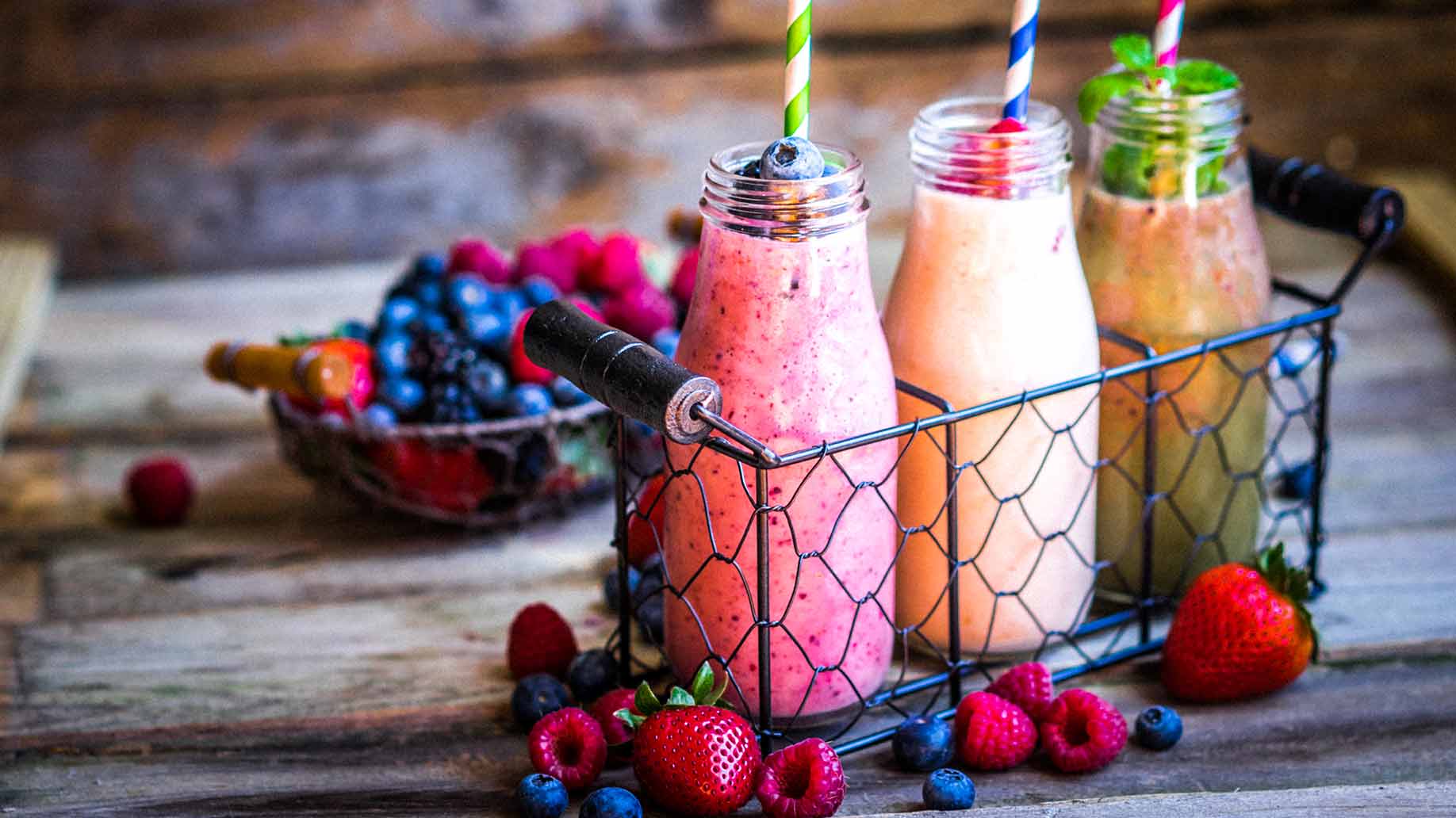
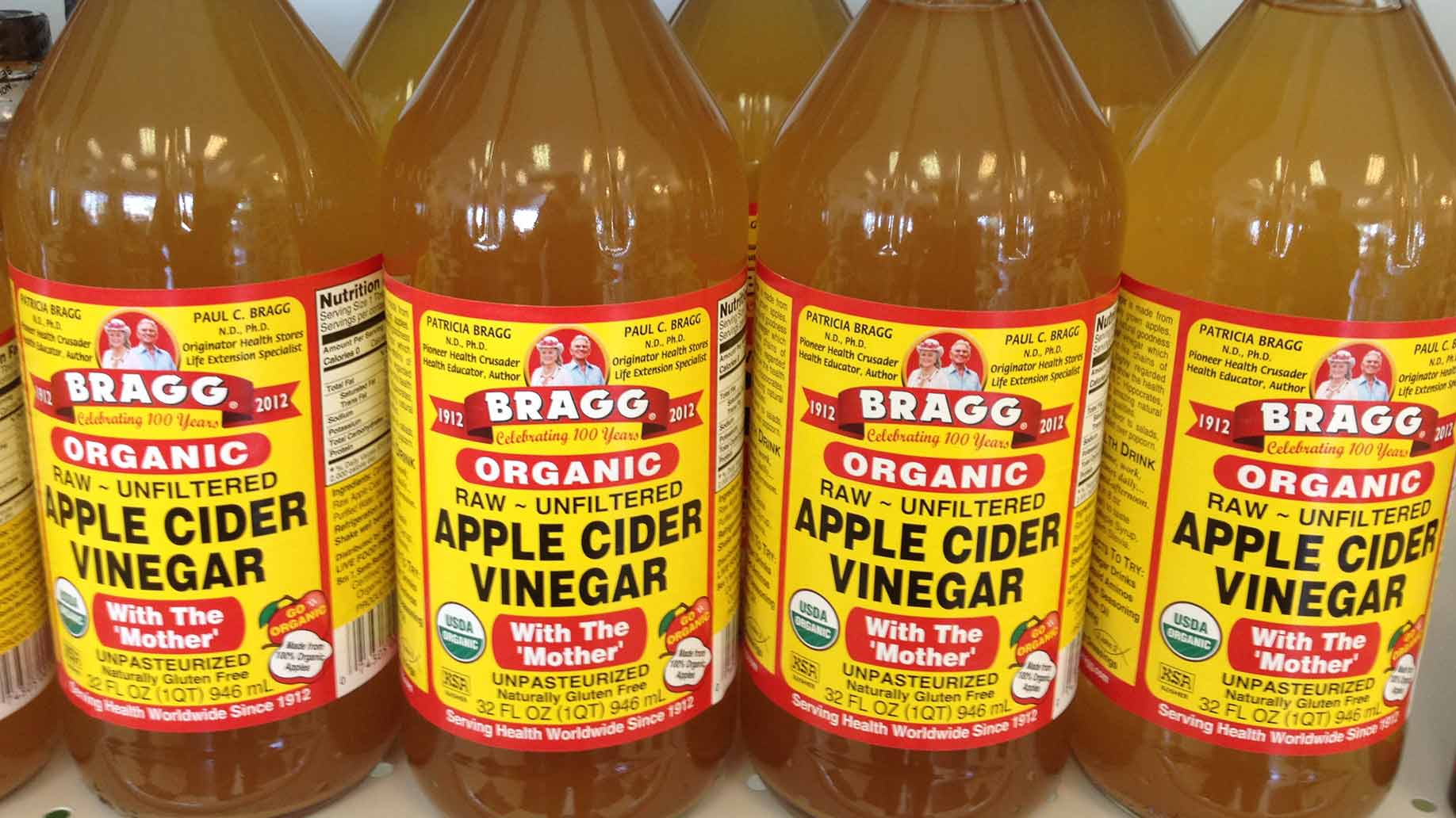
Most useful and sensible advice I’ve found. Will apply. Thanks
I agree with you.I’ve been researching this topic for three years and this is exceptional information.
Although, I’d add using a glycerin suppository or a mineral oil enema.
thank you i will try all this and not the expensive mades that i paid and made me sick
pain is so intents ill going to pass-out FROM THE PAIN. been I pain for 3 days.. I’ve tried everything do not lend what people say on the instrument it’s all faults, not true bc ill done justing to pass it normally does not work hurt like hell pulling water up my bum Do NOT DO THAT !!!! WILL REGRET IT
I have been going thru constipation which lead me to headaches and left me dull whole day. One of the main cause of this was the coffee intake it was almost 4 cups a day. I reduced it to 1 and tried lemon juic with warm water, that helped a lot. Also papayas are excellent in relieving the constipation.
hey
lemon juice and coffee from my side does good work and is instant remedy
thank you for your helpful article
Please advise…bowl totally empacted…However when s tooling it is moist and thinning. ..not bulky …not dry. Any advice
I have severe constipation I go anywhere from 1 _2weeks without having a bowel moving and my quack doctor told me to take a laxative and I’m severely bloated and hurting HELP! Somebody please.
If you are severely constipated for 2 weeks without having a bowel movement and are feeling uncomfortable, I would go to the ER immediately.
I have this problem as well. Sometimes 3 to 4 weeks without going. Theres this stuff called psyllium husk. It works the best for me but i take it in large doses. Its better then nothing at all and those laxitives didnt work. I havent tried molasses or castor oil yet but i heard a few spoonfuls of that (one or the other) helps but u may have to take it morning and night for a few days just to get started. I been to doctors but wasnt successful there at all. Try the psyllium or oils and see if it helps.
My mom swears by prune juice. Lemon water does help and add fiber to your food. Also, walking.
I am a fifty two year old male from india. Suffering from a condition where I pass very insufficient stools and generally late in the afternoon and never in the morning preventing me to exercise my body on a morning clear stomach. The formation though is not constipated and rather is on the loose side. This has been happening for the past 27 years and I continue to suffer from all the related harmful effects both mental and physical. Several doctors approached, laxatives tried. not worked. what to do.
What have you tried so far?
I also suffer from server constipation had tried everything , nothing works . when I do have a bowel movement I bleed and clots pass yes had 2 colanoscopys going for a p,e,t scan they are looking for Colan cancer but what can I do to have a normal bm movement
Do not eat meat. Drink lemon water.
Enema Bag taking an enema at home is easy, just with plan warm water and will help relieve constipation, cleanse the colon and promote normal bowel function, Do not buy enema from the store it’s not effective like the water enema, you can buy enema bag from Amazon.
Hi Rajesh
Your diet can play a very important role in been constipated or having a loose bile. You will need to look your diet first. Pay close attention to what you are eating, when you eating and the portion. A journal will be your best friend in learning what works well with your body. As one gets other certain foods that we enjoy the body may no longer be able to tolerate. I hope this is helpful. I wish you a well recovery.
My son is will be 12yr by April 2018,but has been face with,this issue of hard stool right fr 6yr old till date and now it affect him in the school, by making him have stomach opset, pls what should do to stop hard and hlep him out of this pains
What have you tried so far?
I’ll do not go for latrin from three days and my Latin is very hard and I want to make my Latin soft fastly what can I do
What latín?
Drink lime water ( nimbu paani)
Have rice
Dont eat rotis
Hi, my grandfather is 96 yrs old. He’s bedridden, kidney failure, and takes an opioid for constant pain. He hasn’t had a bm in almost a week. Need some advice
Im feeling that my colon hole is closing so for that im unable to ejuct the fecal matter and im feeling it from last 10 days and in all times it seems like it is coming out but it not *please give a solution *
My doctor advised me olive oil and it works! In addition, I decided to add apples.
kindly explain, how to use olive oil?